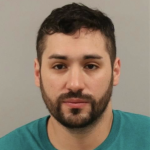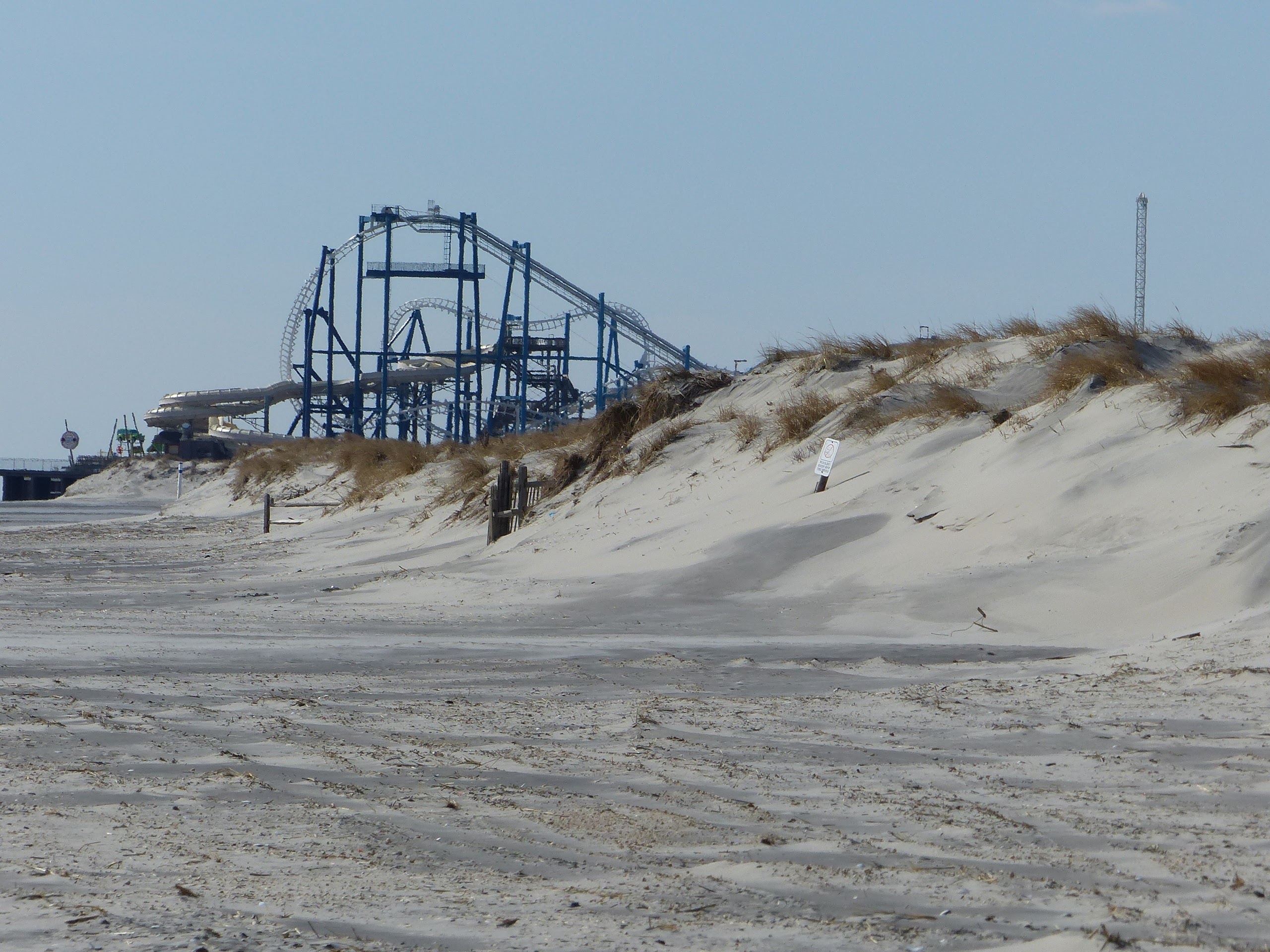I just read a Lower Township police report of a drunk driving incident that happened early in the morning of July 4 in North Cape May. The fact that it took place there is absolutely no reflection on that community, it could have happened in any of this county’s 16 municipalities.
In that escapade, according to police, a 26-year-old male “drove his vehicle in reverse at a high rate of speed…before striking a (parked vehicle) which was pushed approximately 30 feet from the point of impact.
“(His) vehicle then continued for another 75 feet in reverse before striking a second vehicle…before coming to a stop.”
The report stated the driver was arrested at the scene, charged with driving while intoxicated and driving with a suspended driver’s license.
The only fortunate aspect of that sad tale was the fact that no one was hurt or killed, but those could easily have happened. Too many times, we have carried tragic stories when such drunk driving caused death and crippling.
It boggles my mind as I think past those accidents in themselves to the sentencing and life for all affected after such an offense takes place.
Those who drive drunk have something in common with others who play with poisonous snakes; they believe the serpent will never strike, because they are magically immune from poison and death.
Some years back, I recall Superior Court Judge Raymond Batten talking to a group of young people. He told them that a vast majority of those who appear before him in court are there because of alcohol or drugs. Absent those two substances, courts would be relatively empty places.
New Jersey’s blood alcohol concentration of 0.08 percent or more is considered a drunk (or under the influence caused by narcotics, hallucinogenic or habit-producing drugs) driver.
First offense, for those under the influence drivers whose BAC is between 0.08 percent but under 0.10 percent, will net a fine of not less than $250 nor more than $400, “and a period of detainment of not less than 12 hours nor more than 48 hours spent during two consecutive days of not less than six hours each day and served as prescribed by the program requirements of the Intoxicated Driver Resource … and, in the discretion of the court, a term of imprisonment of not more than 30 days and shall forthwith forfeit his right to operate a motor vehicle over the highways of this State for a period of three months.”
Even Homer Simpson would take a lesson from those penalties. Sadly, there are drivers with a penchant for imbibing and getting behind the wheel, who must love punishment.
Fines for second offenses can range from $500 to $1,000, 30 days community service, and imprisonment for no less than 48 consecutive hours, which cannot be suspended, nor more than 90 days. In addition, one’s license is lost for two years. If that still isn’t enough, second offense drivers must install an ignition interlock device. Failure to do so will bring a revocation of registration for two years.
Third and “subsequent” DWI offenses will bring fines of $1,000, sentenced to not less than 180 days in county jail or workhouse “except that the court may lower such term for each day, not exceeding 90 days, served participating in a drug or alcohol inpatient rehabilitation program approved by the Intoxicated Driver Resource Center and shall thereafter forfeit his right to operate a motor vehicle over the highways of this State for 10 years.”
Youthful offenders, those under age 17, don’t escape sentencing. “In the case of any person who at the time of the imposition of sentence is less than 17 years of age, the forfeiture, suspension or revocation of the driving privilege imposed by the court…shall commence immediately, run through the offender’s 17th birthday and continue from that date for the period set by the court.”
Regardless of the foregoing penalties, drunks still get behind the wheel. In their intoxicated state, they will zigzag down roads, crash into trees, utility poles, cars with little children, and sometimes buildings.
While they may be the nicest people in the world when they are sober, behind the wheel, they may as well have a lethal weapon pointed at our head with their finger on the trigger.
Drunks on the road are public enemy number one.
They don’t care who they kill or maim. Worse, they don’t realize what they have done until they sober up and look out from between bars in a police station. Then, it’s too late to restore a life or replace a limb.
From their cell, they will never know the suffering they may have caused their victims, who may be laid up for the rest of their lives, unable to earn a living, to walk or to enjoy life, all because someone drank and drove.
“Sorry” is a disingenuous word to utter on the day of sentencing.
Granted, some may learn their lesson, reform and refrain from driving drunk or possibly from touching alcohol again.
From the reports I have read, those who learn their lesson are few, those who drink and drive are many. When will they learn? What will it take?







